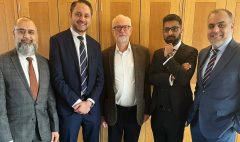New national groups needed ‘to give Muslims a voice’
January 10, 2025 2025-01-26 16:02New national groups needed ‘to give Muslims a voice’
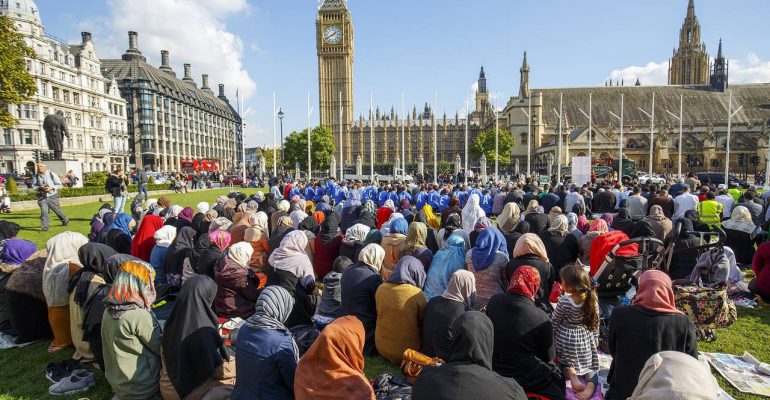
New national groups needed ‘to give Muslims a voice’
Labour has shown no sign of re-engaging with the Muslim Council of Britain, amid negotiations to create new bodies to speak for Britain’s 3.8 million Muslims
Prominent imams are in talks with lawyers, doctors, economists and charities to set up new national bodies that can provide a voice for Britain’s Muslims and engage with the government.
The refusal of successive governments to engage with existing groups such as the Muslim Council of Britain (MCB) has created a “vacuum”, community leaders have warned, leaving ministers unsure which bodies or individuals to call on when discussing issues that affect British Muslims.
The MCB is set to elect a new leader this month. Both the candidates have called on Labour to talk to the group, but the new government has shown no sign of engaging with it.
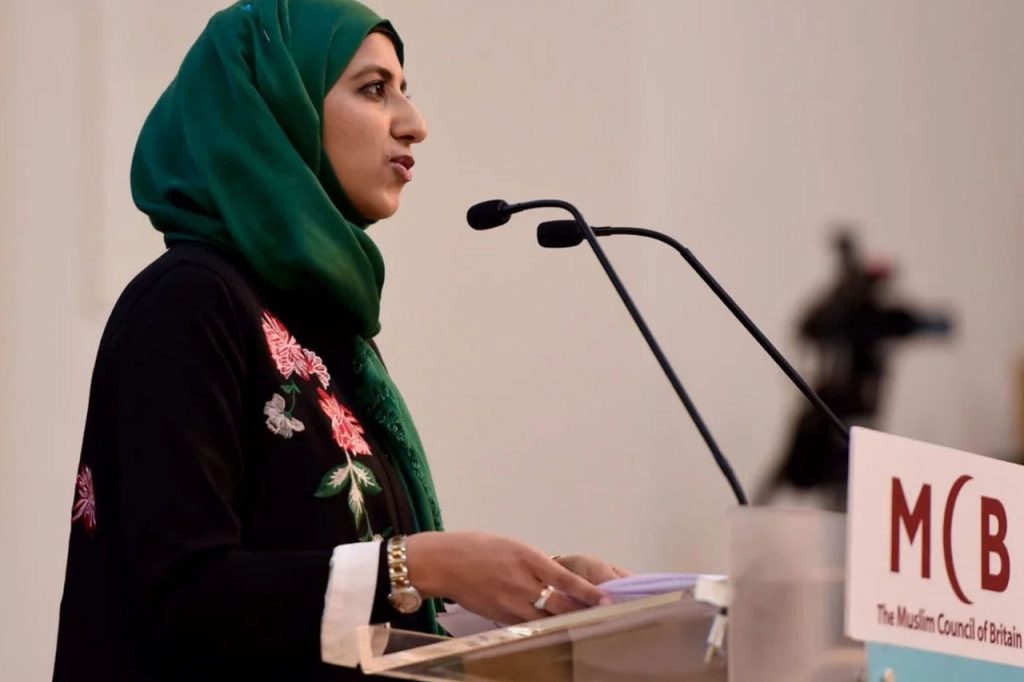
One candidate, Dr. Muhammad Adrees, told the Hyphen news website before a hustings this week: “The government must know the needs of the Muslim community, and we can do that.” The other, Dr. Mohammed Wajid Akhter, said: “If the government of the day does not want to engage with the largest, most diverse, most democratic and most organized umbrella body of the largest minority in the UK, then that is up to them,” adding: “We are not going to beg.”
Other existing groups, such as the Mosques and Imams National Advisory Board (Minab), the British Board of Imams and Scholars, or Tell Mama, which monitors Islamphobic incidents, have too low a profile or limited a remit to claim they can speak for the full diversity of Britain’s 3.8 million-strong Muslim population on civil society issues.
The Jewish community, meanwhile, which is less than a tenth of the size, has a number of prominent organizations and figures with a national profile, including the Board of Deputies of British Jews, the Jewish Leadership Council, the Community Security Trust, and Sir Ephraim Mirvis, the chief rabbi, who can liaise with the government.
The Conservative government found itself in disagreement with the Church of England over which Muslim leaders should be invited to interfaith events, including royal occasions.
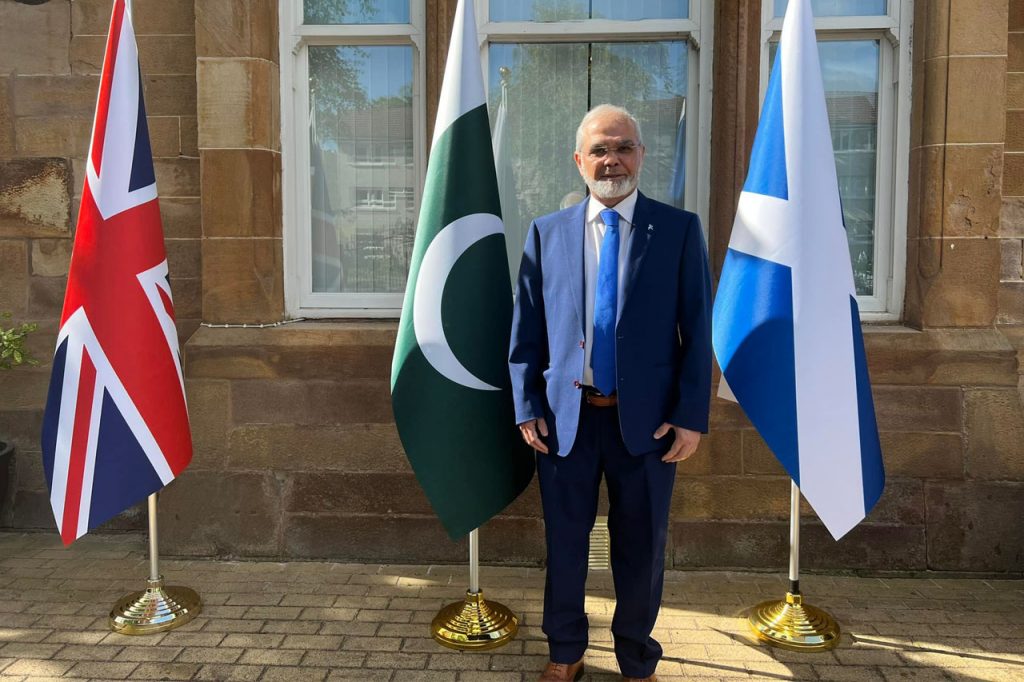
The Labour government has been speaking to a variety of Muslim community leaders on an “ad hoc” basis, according to Qari Asim, senior imam at the Makkah Mosque in Leeds.
It was reported last summer by the Middle East Eye news website that there was a desire to create a form of Muslim Leadership Council.
Asim said this week: “Conversations are definitely taking place for that organization or that forum to come into existence.”
The Times understands, however, that this is unlikely to be a single new national organisation, but a range of projects, the first of which is likely to be announced in the spring.
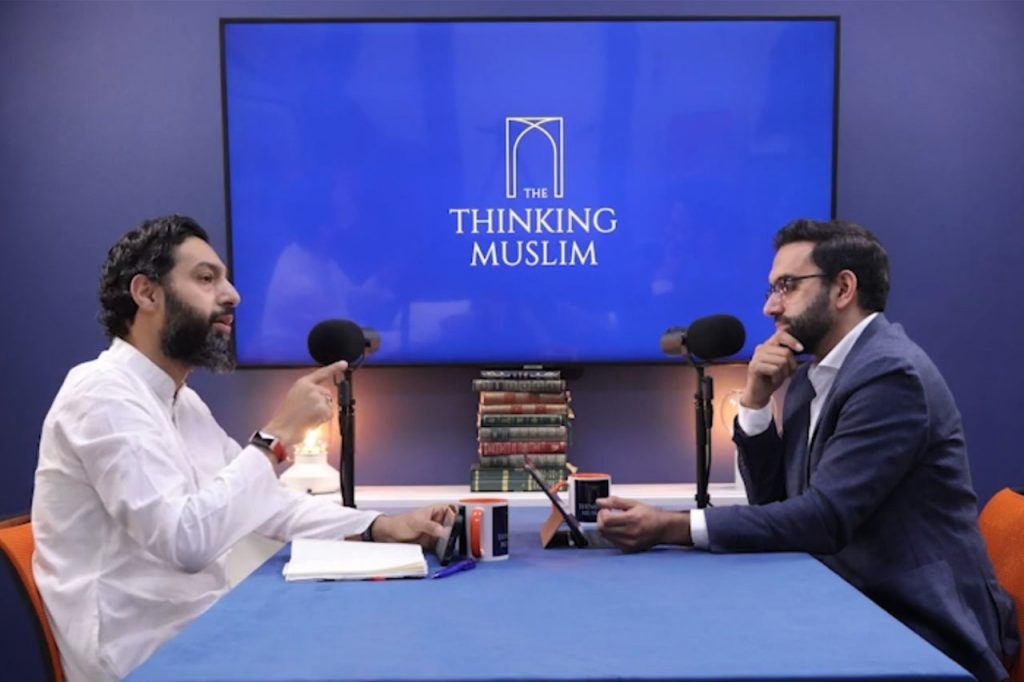
A source close to the talks said it would be “a series of new initiatives focused on increasing connection between British Muslims and the British government and trying to better represent and engage British Muslims” and not “simply a new entity to replace the MCB”.
Also involved in the talks is Imam Asim Hafiz, religious adviser to the Ministry of Defence, and Brendan Cox, who works with the Together Coalition charity that promotes social cohesion.
Asim said the initiatives would include both Sunni and Shia Muslims and a “good mix of men and women”, and said it would be “more than just imams” and would include “civil society leaders”.
A source said: “It is a group of people from broad civil society who happen to be Muslim, from lawyers to doctors to economists to accountants. It’s a huge community [but] there is a lack of serious engagement [from government] and a whole load of expertise and experience not being tapped into by policymakers and others.”
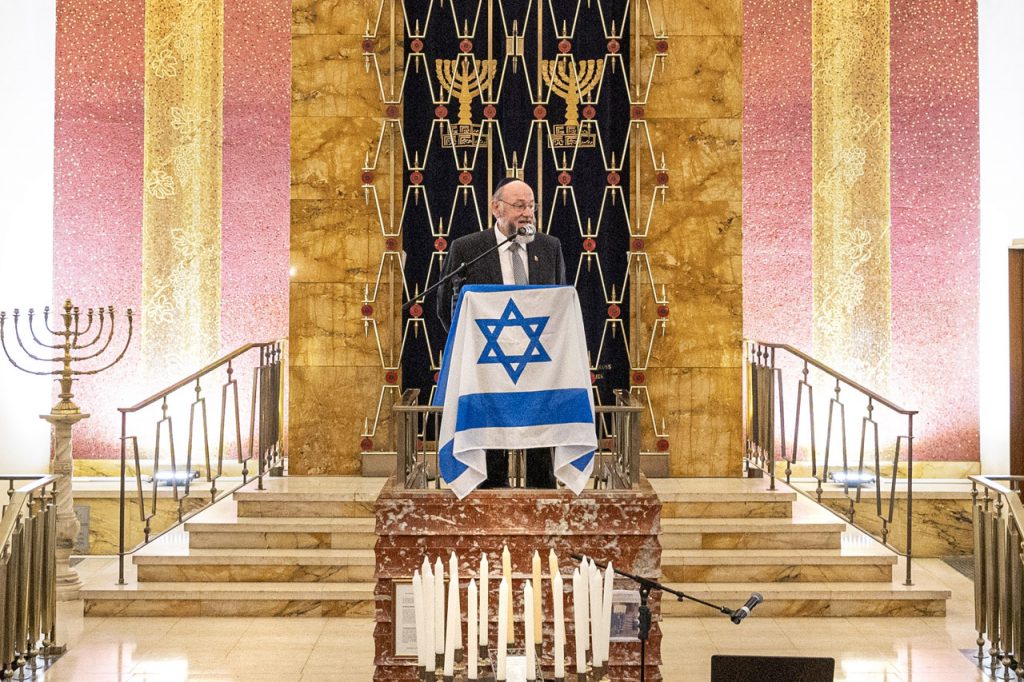
The MCB is an umbrella body which includes around 500 mosques, schools and charities. It works to support its members and campaign on social issues, but does not issue any kind of religious edicts.
The Labour government engaged with the group in the 2000s but broke ties in 2009 after its then deputy leader co-signed a declaration interpreted as a call for violence against Israel and the Royal Navy. It also boycotted Holocaust Memorial Day for much of the 2000s.
Labour restored ties in 2010, but it lost the general election that year.
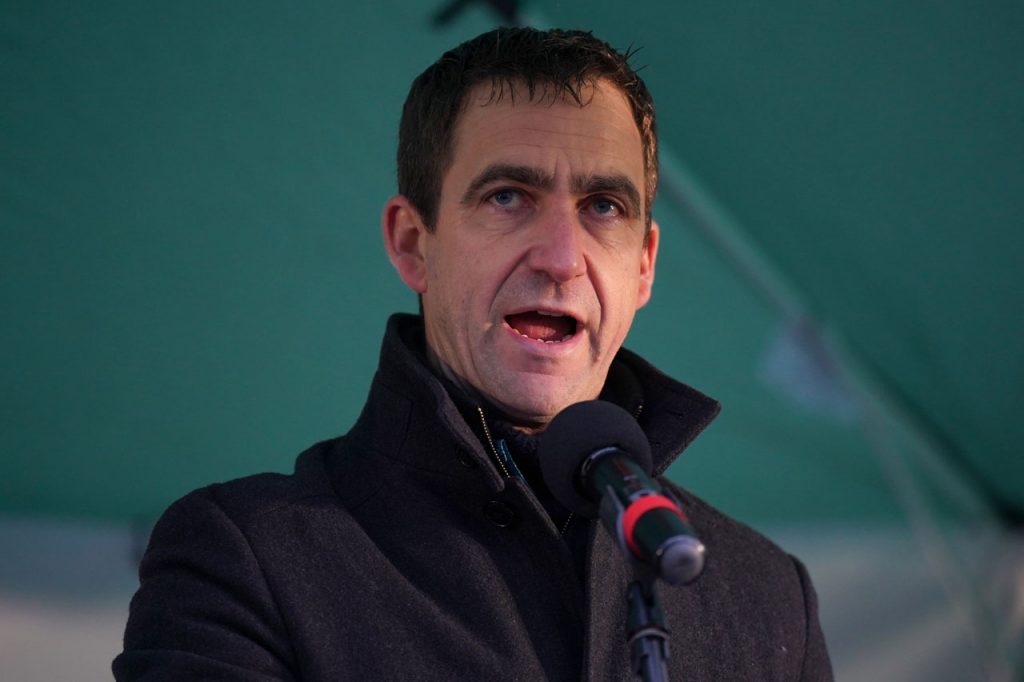
During the 2010s, the MCB appointed its first British-born leader in Harun Khan in 2016 and its first female leader in Zara Mohammed in 2021. It was hoped that their young and progressive profiles might encourage governments to re-engage, but none has done so since 2010.
Sariya Cheruvallil-Contractor, professor in the sociology of Islam at Coventry University, said she thought the government was “missing a trick” by not engaging with the MCB, warning that there was “a lot of suspicion within Muslim communities of new initiatives”.
Source: The Times


